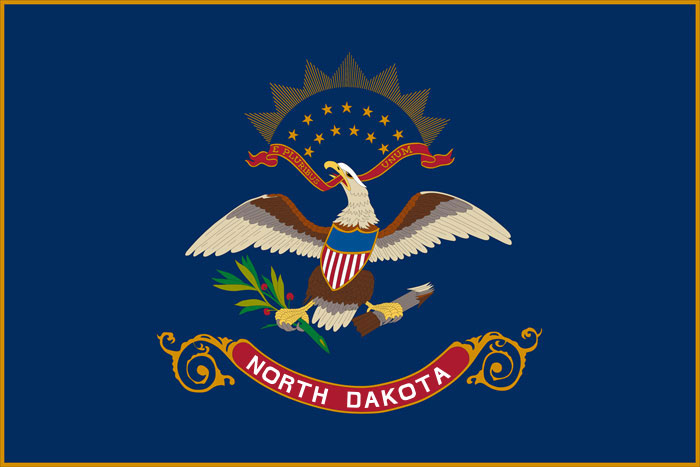This June, during national Reunification Month, North Dakota Health and Human Services (HHS) is recognizing parents, relatives, partner agencies and service providers for their efforts to reunify children with families. In 2022, 460 North Dakota children were able to leave foster care and safely reunify with their parents or guardians. Other children informally living with family and friends are also reunified with their parents each year.
“In child welfare, our focus includes not only child safety, permanency and well-being, but also strong, stable families,” said Cory Pedersen, director of the HHS Children and Family Services Section. “We want to keep families together. When children cannot safety remain at home, our next priority is finding children a safe place to live temporarily and supporting reunification when it can be done safely. We accomplish that by working together with partners to provide services and support to meet needs and uplift children and families, so they can overcome challenges and be safely reunited.”
He praised the families for their accomplishments, resiliency, and strength, and the behavioral health professionals, courts and judges, foster care providers, Tribal nations, human service zone partners and other community partners who are involved daily in helping to reunify, strengthen and support children and families.
“We hope Reunification Month inspires other parents that it is possible to confront and resolve the issues that led to separation from their children, and to reunify them,” said Pedersen.
When a child is placed in a formal out-of-home care arrangement, whether with relatives or foster care providers, child welfare professionals and partners meet with the family to develop a family-specific plan to strengthen parenting capacity and build skills. If needed, parents may be referred to a regional human service center or another service provider of their choice.
Children, especially those age 14 and older, may be involved in the planning meetings, and other relatives and friends often offer important support. Reunification occurs when parents make the changes necessary to keep their children safe. “It is always best when we, as a community, can identify families early on who may be struggling and help connect them to the services and resources they need, before things ever reach the stage that children cannot live safely at home. This requires individuals and our communities to be aware of needs and be willing to act to support children and families,” Pedersen said.
Individuals can learn more about resources to support children and families on the resources tab at kinshipnd.com, a program of North Dakota Health and Human Services. Individuals looking for assistance with behavioral health needs can find services at hhs.nd.gov/behavioral-health/find-services.

